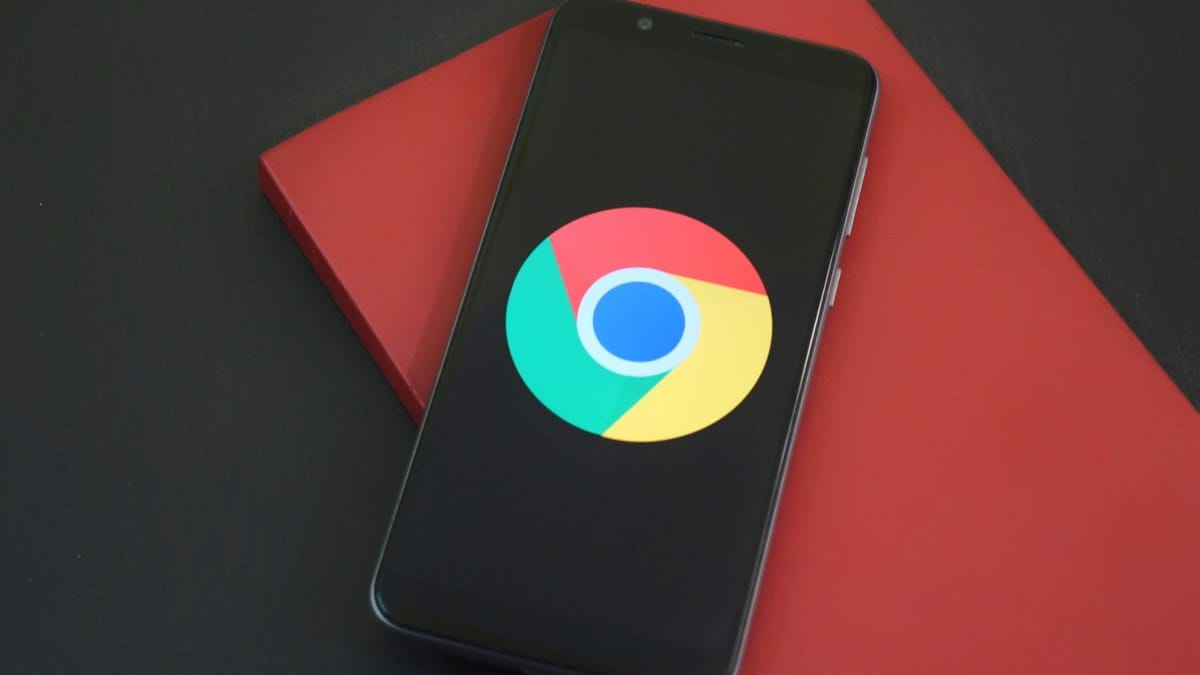Google Chrome is one of the most optimized browsers available for Android devices, thanks to its tight integration with Google's mobile operating system. The search giant has announced that Chrome will now run even faster on Android smartphones — it recently doubled its score on the popular Speedometer benchmark test. Google says that Chrome's vastly improved performance is due to improved software builds, upgraded rendering engines, and its partnership with chipmakers, such as Qualcomm, to optimize the browser to run on high-end devices.
Top Google Chrome Improvements That Doubled Performance on Android Devices
In a post on the Chromium blog, Google explains how it managed to double its browser's benchmark score on Speedometer. The company says that it started to optimize builds of Chrome for premium devices starting with version 113 that was shipped in April 2023, instead of focusing on a single build that was designed to run on budget smartphones.
According to Google, this “separate higher-performance build targeting premium Android devices” helped the company achieve over half of the performance improvements seen on the benchmark tests. If a browser achieves higher scores on a benchmark test, it means that it will be able to load websites and other faster, while offering a smoother experience.
![]()
Google Chrome on Snapdragon 8 Gen 3 (left) vs Snapdragon 8 Elite
Photo Credit: Google
The optimized build of Google Chrome only works on ARM64 devices, and is better optimized to run on devices with more RAM and storage. As a result, it includes C++ code that can run faster instead of code that is designed to take up less space on a smartphone.
The company says that a Google Docs document loaded on Chrome version 112 running on a Pixel Tablet in 2023 took “more than 50 percent longer than it does today”.
In order to further optimize the performance for high-end devices, Google worked directly with hardware manufacturers, including Qualcomm. As a result, thread scheduling and power consumption were also optimized, and a device with a Snapdragon 8 Elite chip running Chrome delivered a 60 percent to 80 percent jump in Speedometer 3.0 scores compared to a device with a Snapdragon 8 Gen 3 chip with Chrome.
Profile-guided optimization (PGO) — the process of improving the layout and optimization of Chrome code — was introduced with Chrome version 120 in December 2023, according to the company. Meanwhile, the performance of Google's V8 JavaScript and Blink rendering engines that power Chrome have also been optimized in order to deliver faster performance, according to the company.


